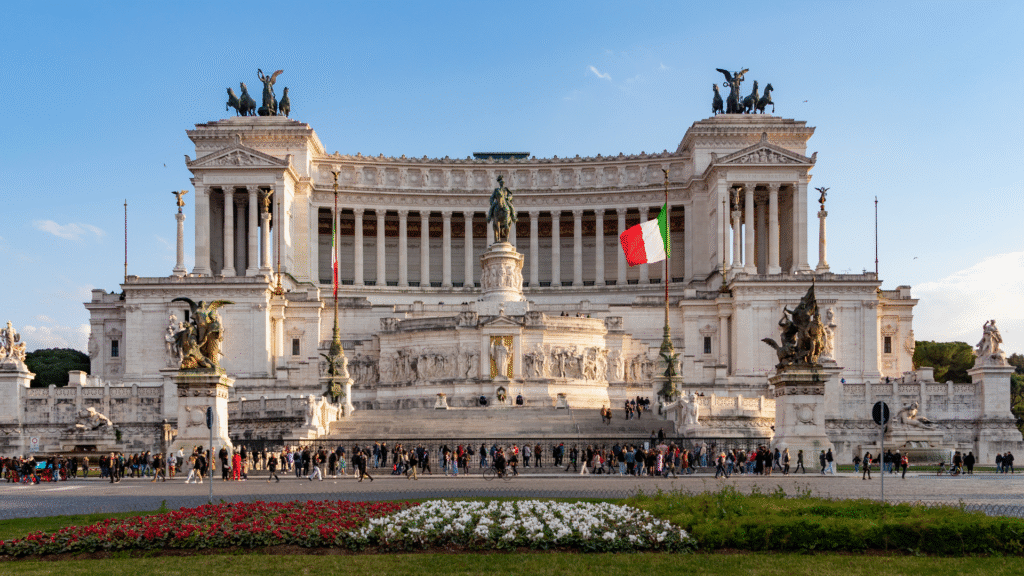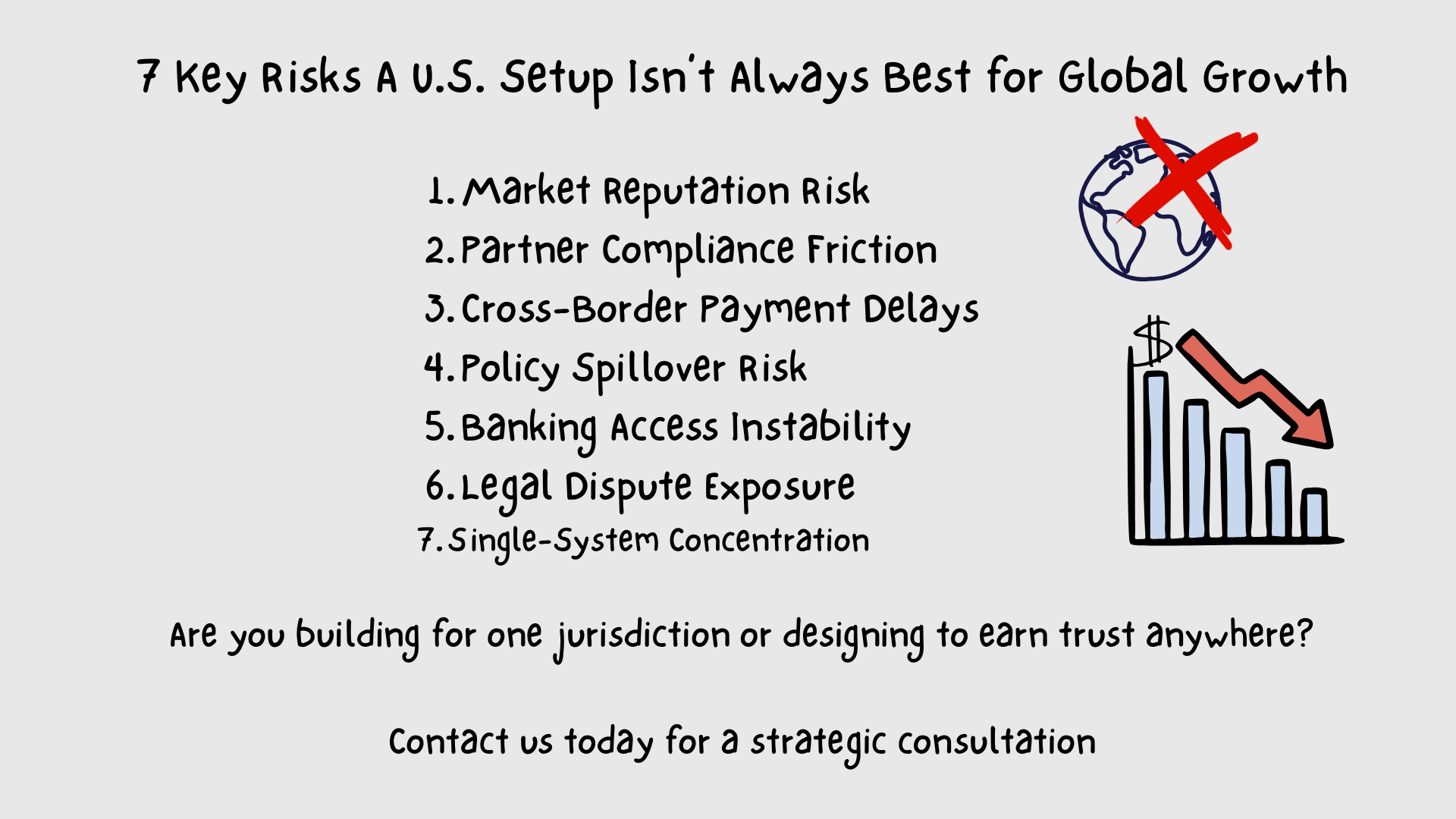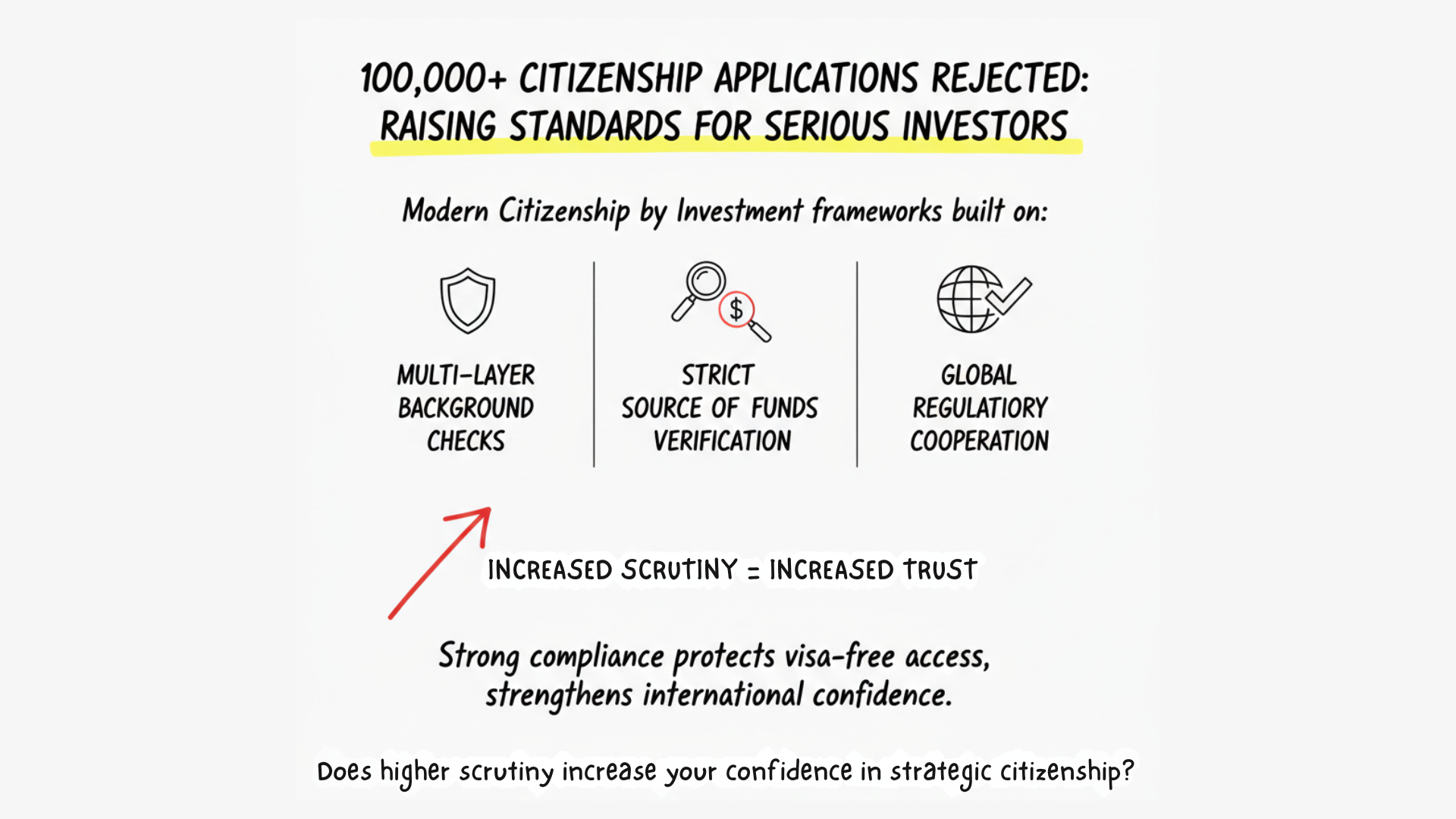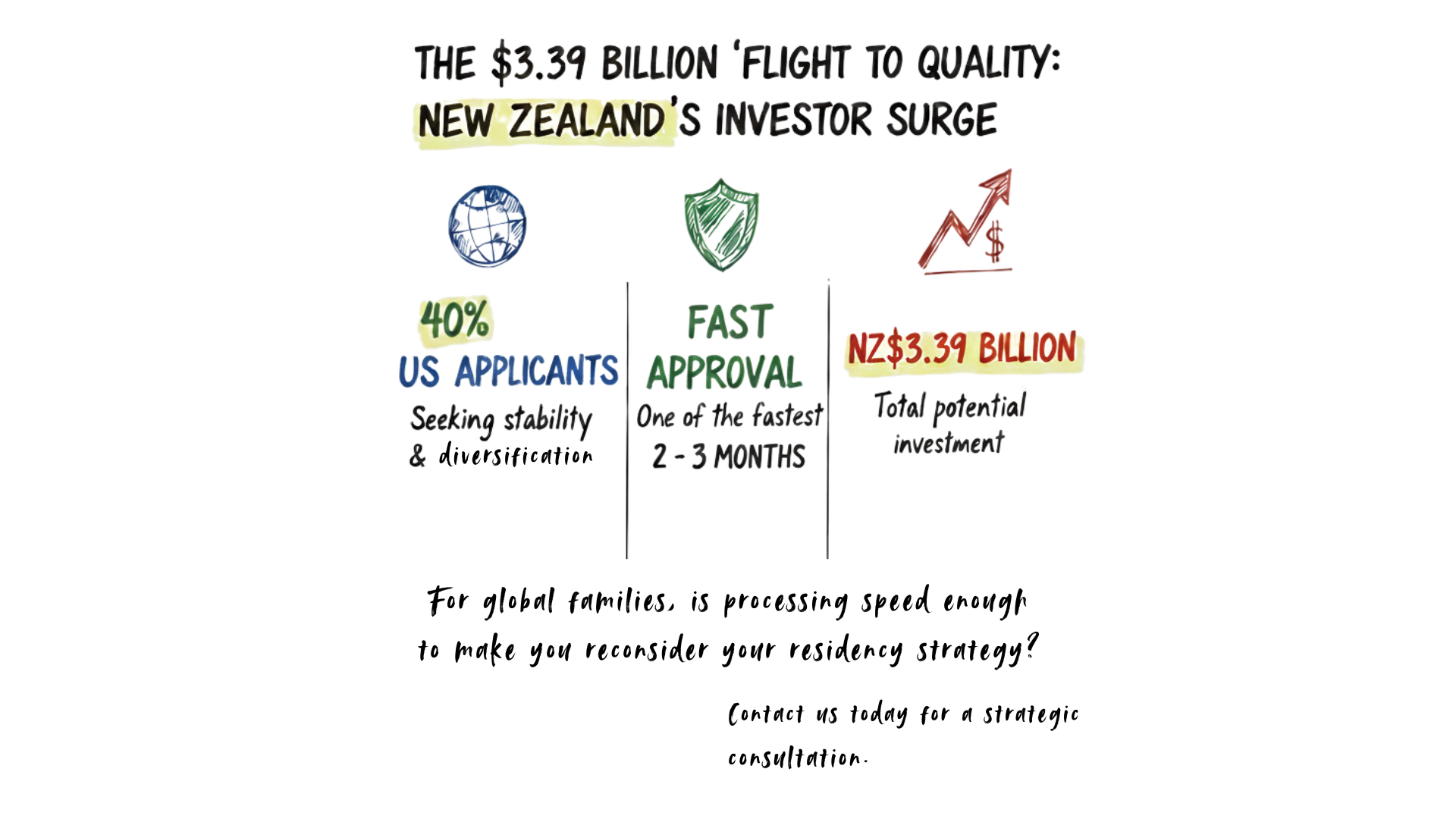Investment May Soon Be Required for Italy’s €200K Flat Tax

Italy has long been a favorite destination for wealthy individuals looking to enjoy the beauty, culture, and lifestyle of the Mediterranean—while benefiting from a special flat tax regime. But now, change may be coming.
What is the Italy Flat Tax Regime?
In 2017, Italy launched a special tax program to attract high-net-worth individuals. Often called the “CR7 Law” (after Cristiano Ronaldo used it), this regime offers a big tax advantage:
- Flat tax of €200,000 per year on all foreign income
- Additional €25,000/year for each dependent family member
- Available for up to 15 years
- Only for those who haven’t lived in Italy for at least 9 out of the last 10 years
This means that no matter how much you earn abroad—millions in dividends, capital gains, or business income—you only pay the flat fee. Domestic income (earned in Italy) is taxed normally.
What’s Changing?
Italian lawmakers are proposing a new requirement: to tie the €200,000 flat tax to a mandatory investment in the Italian economy.
Proposed Investment Options:
- Government bonds
- Startups or innovative companies
- Venture capital funds
- Regulated investment vehicles
However, real estate may not count toward this investment.
This idea is part of a broader goal: to ensure that wealthy newcomers also contribute directly to the local economy—not just through taxes, but through actual capital investments.
How Much Investment Might Be Required?
- €500,000 or more in eligible Italian assets
This number could change depending on what sectors the government wants to support. The key point is: you may need to invest a large sum—on top of paying the €200,000 annual tax.

Why is Italy Making This Change?
There are a few reasons:
- To ensure economic benefits from wealthy migrants go beyond just tax payments
- To address criticism from the European Union about unfair tax competition
- To align with other investment migration models around Europe
Some Italian officials also worry that many beneficiaries simply live in luxury villas and pay their flat tax—without contributing to jobs or innovation in Italy.
- Apply only to new applicants (not current beneficiaries), or
- Apply retroactively, affecting people already under the regime
Right now, it’s unclear. That’s why anyone considering this route should stay updated and consult with professionals.
Here’s what we recommend:
- Act Quickly
If you qualify and are serious about relocating to Italy, applying before the new law passes might save you from the investment requirement. - Prepare for Flexibility
Even if the new rule becomes law, it’s likely to include a list of acceptable investments. Be ready to allocate capital to government bonds, VC funds, or startups. - Get Legal and Tax Advice
Work with experts to understand:- How much you might need to invest
- What sectors or vehicles are eligible
- Whether early application protects you from the rule
A professional advisor can also help secure an advance tax ruling—giving you certainty on your tax treatment.
Pros and Cons of the New Proposal
| Pros | Cons |
| Encourages real investment into Italy | Adds cost and complexity |
| Improves public and EU perception of the program | May discourage some applicants |
| Can lead to more innovation and jobs | Investment options may be limited or risky |
Contact us if you are interested in Citizenship by Investment
Our expert advisors will have a 1-on-1 consultation to find the best solutions for you and your family and guide you through the procedure.
If you’re considering Italy for residency:
- Now may be the best time to apply
- Get ahead of the legislative curve
- Plan both your tax and investment strategy carefully
Italy offers sunshine, culture, and an incredible quality of life—and with the right guidance, it can also be a smart financial move.
Share this blog
Frequently Asked Questions
Related Articles
Beijing Is Watching Your Wealth; Turkey Offers a Legal Pathway
In an era of rising financial scrutiny, global investors are taking action. Discover why 89% of Chinese HNWIs are exploring…
$537M U.S. Investment Anchors Eko Atlantic City Lagos by 2028
The $537M U.S. Investment Anchors Eko Atlantic City, Lagos by 2028 signals institutional trust and long-term confidence in Lagos. For…
7 Key Risks A U.S. Setup Isn’t Always Best for
A cross-border business setup can boost global growth by reducing onboarding delays, payment friction, and concentration risk. This guide explains…
Why Citizenship by Investment Due Diligence Matters for Investors
Citizenship by Investment due diligence protects more than an application. It safeguards international credibility, visa free access, and long term…
Wealthy Americans Lead New Zealand Golden Visa Surge
Wealthy Americans are leading the New Zealand Golden Visa surge as investors prioritize stability and diversification. Billions in committed capital…
Second Residency Is Now A Top Three Global Wealth Priority
Second residency has quietly moved into the top tier of priorities for serious wealth holders. This article explains why investors…
UK Exit Tax 20% and the Future of Strategic Wealth
The UK Exit Tax 20% could significantly impact HNWIs, founders, and investors with substantial unrealized gains. This in depth analysis…







